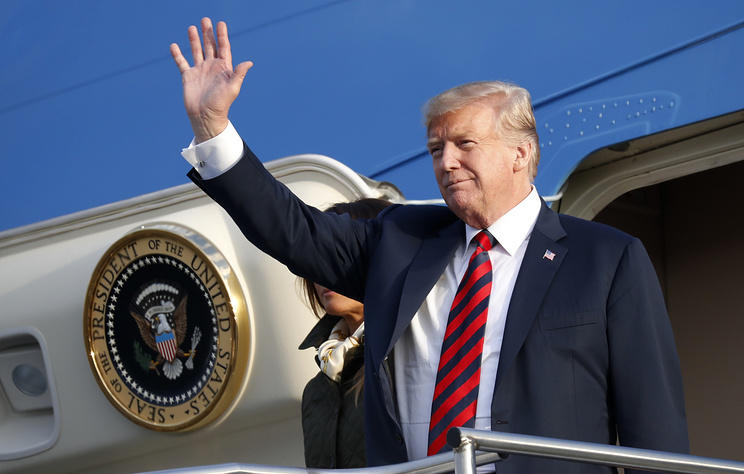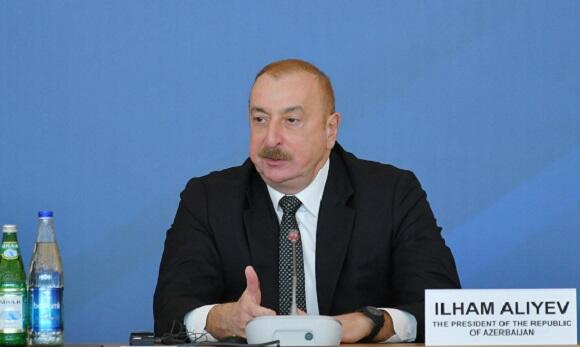Axar.az features a Jerusalem Post analysis by Dan Perry on Iran’s surrender terms.
The immediate handover of all enriched uranium above 3% level permitted for civilian use; a complete cessation of support for regional proxy militias; and an end to Iran’s ballistic missile program.
US PRESIDENT Donald Trump holds a meeting with Vice President J.D. Vance alongside him, in the Situation Room at the White House on Saturday. There should be a swift pivot to negotiations, presenting Tehran with clear and firm terms, says the writer.
In 1967, just before the Six Day War, Israel’s Gen. Haim Bar-Lev famously promised to strike “fast, hard, and in an elegant fashion.” That phrase came to define Israel’s traditional military doctrine: wars, when necessary, would be targeted, decisive, and brief. Sadly, that has not been the guiding principle in Gaza, and that mistake cannot be repeated with Iran.
The weekend’s US airstrikes on Iranian nuclear sites, following Israel’s unprecedented campaign, mark a turning point. These were historic blows, made possible by deep coordination and military sophistication.
But now, the United States and Israel face a choice: declare a strategic success and move toward terms of surrender, or drag out the conflict in ways that risk uncontrollable escalation, regional destabilization, and economic disaster.
Whatever happens in the next day or two, the goal for this week should be taking the win and leveraging it to realign the Middle East.
That is why it is deeply troubling to hear some Israeli security officials speak of a prolonged military campaign; of objectives still unmet, of targets still to be hit, of operations continuing for weeks.
Plausible goals included degrading Iran’s nuclear program, missile arsenal, and air defenses; and humiliating and chastening the regime. That has been achieved. What should follow is a swift pivot to negotiations from a position of dominance, presenting Tehran with clear and firm terms:
The immediate handover of all enriched uranium above the 3% level permitted for civilian use, especially any stockpiles that may have been moved or hidden. That carrot is key; it enables a climbdown and is indeed any country’s right under the Non-Proliferation Treaty.
A complete cessation of support for regional proxy militias, including Hezbollah in Lebanon, the Houthis in Yemen, Shi’ite militias in Iraq, and Hamas in Gaza. This includes funding, training, arms, and intelligence. This should never have been tolerated, and is over.
An end to Iran’s ballistic missile program, especially long-range systems aimed at Israel and US forces in the region.
Should Tehran reject the terms, it will be the United States – not Israel – that must consider the next phase: a short, crushing campaign targeting the physical symbols of the regime, including government ministries and command centers, paired with cyberwarfare, information operations, and a direct appeal to Iran’s military to remove the clerical elite. That effort should be paired with an outstretched hand: an offer to normalize relations, support a secular republic, and allow civilian nuclear enrichment under full international supervision.
No one can predict Iran’s next move. The regime might lash out. It might go silent for days and then attack. It might sue for peace while plotting vengeance. But that uncertainty only strengthens the case for seizing the initiative.
If the West waits, if strikes continue aimlessly, it allows Iran to regroup, and increases the likelihood of a trigger event that plunges the region into a full-blown war. One stray missile hitting a US base. One oil tanker sunk in the Strait of Hormuz. One mass-casualty event in Israel or the Gulf. These are the daily risks of drift.
History suggests Prime Minister Benjamin Netanyahu will try to drag things out. For Israel, that would be another case of indifference to a potential boon.
Next steps
Iran's humiliation creates the geopolitical psychology of a grand realignment. With Tehran’s patronage system disrupted, Arab states – including Egypt, Saudi Arabia, the United Arab Emirates, and Jordan – might now have the confidence to pressure Hamas to surrender, hand over the hostages, and cede control of Gaza to a reformed Palestinian Authority backed by an international or Arab force.
Hamas will be given the choice to disarm, or withhold reconstruction aid for Gaza. That might also reignite the expansion of the Abraham Accords and push toward normalization with Saudi Arabia and others. Even Syria’s new post-Assad leadership has sent feelers to Israel. The stars are momentarily aligned for a major regional realignment.
Netanyahu might yet overcome his instinct to resist: A strategic victory in Iran, a hostage deal, and progress toward peace could give him cover to sideline his extremist coalition partners and take a lifeline from the centrist opposition. He might even salvage his legacy and become electable again.
Ironically, it is US President Donald Trump – far less worldly than Netanyahu but blessed with sharp instincts – who may prove the adult in the room. In contrast to Netanyahu, who appears addicted to endless conflict and entrapped by far-right coalition politics, Trump has already called on Iran to stand down.
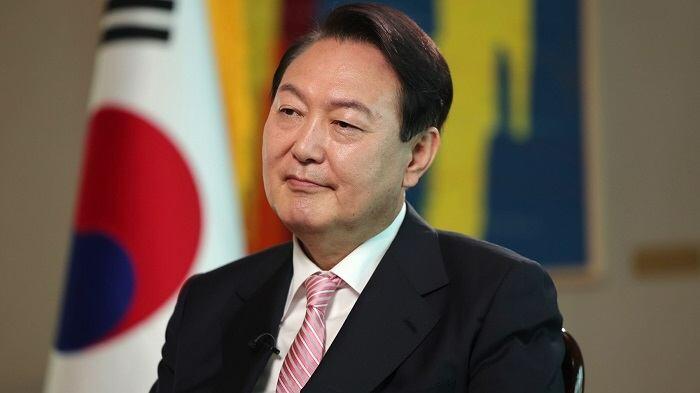

.jpg)
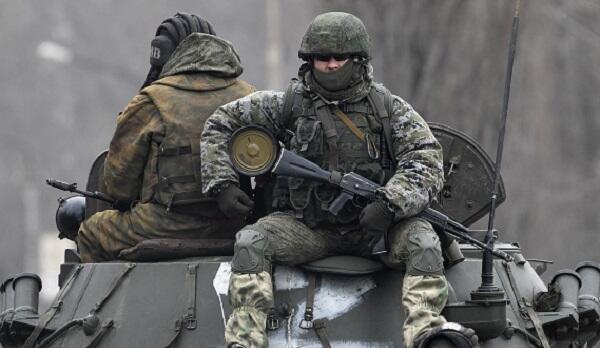










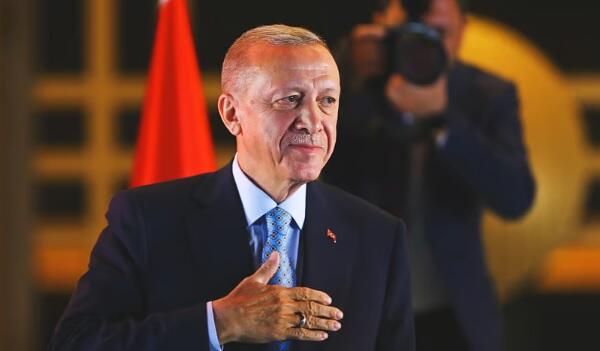

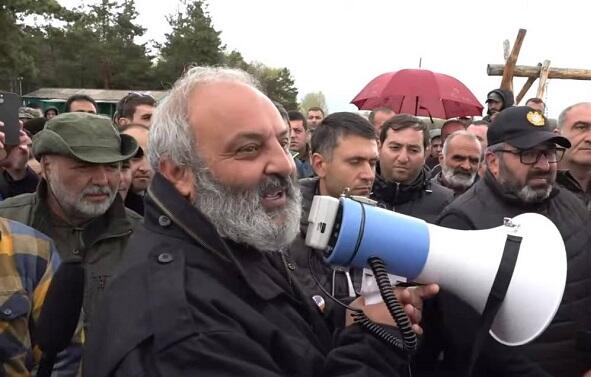
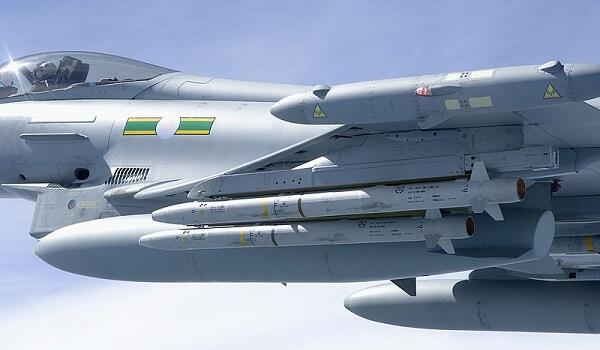
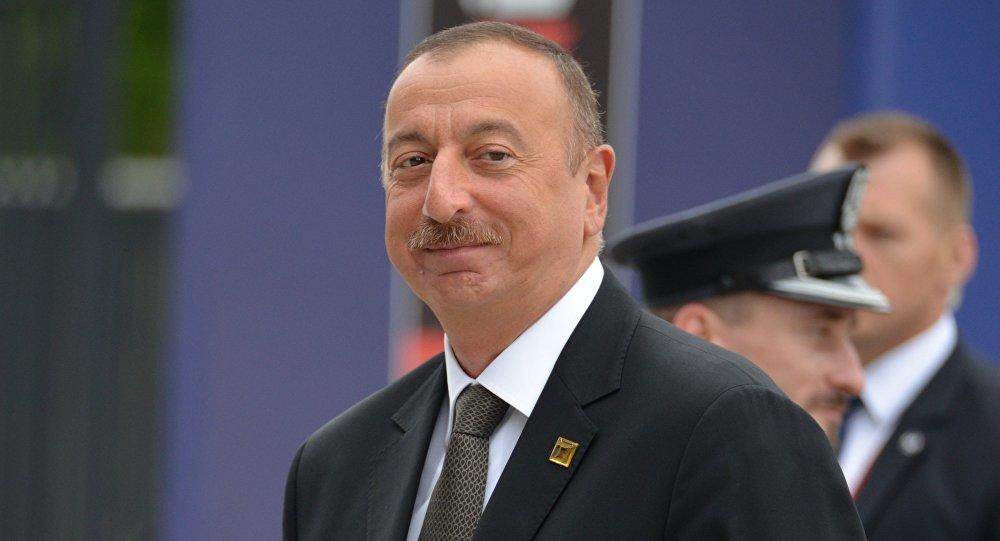
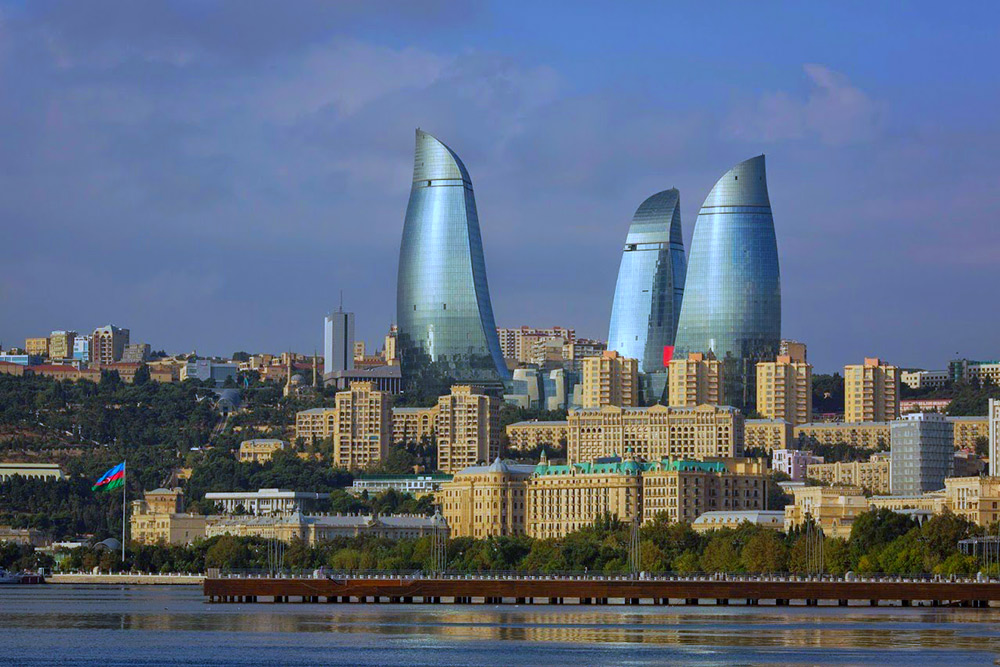

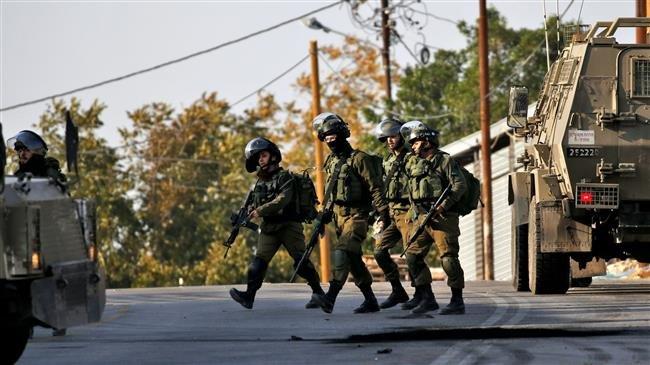
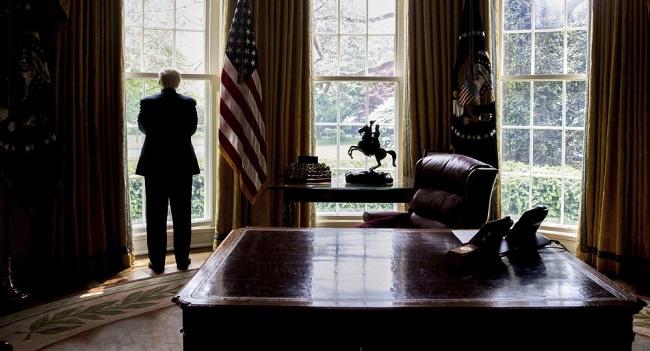

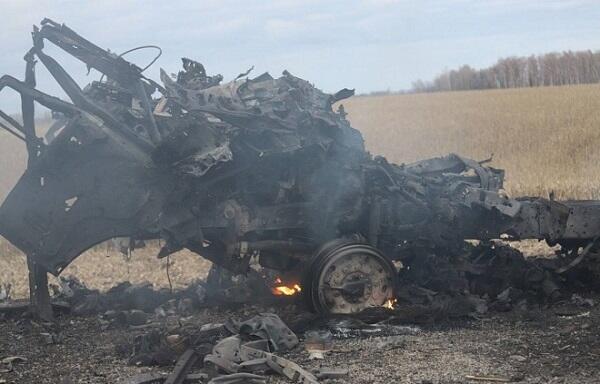





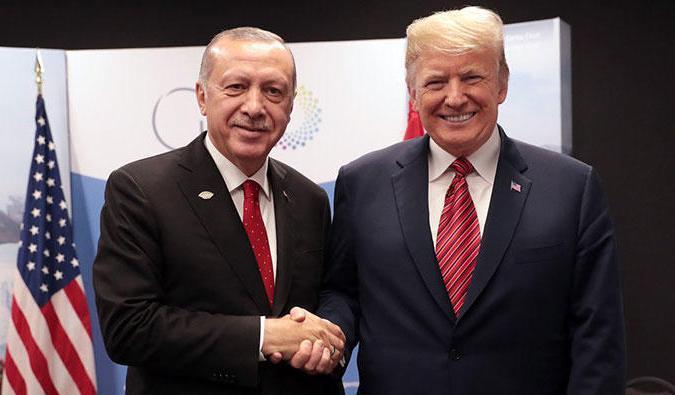





.jpg)











